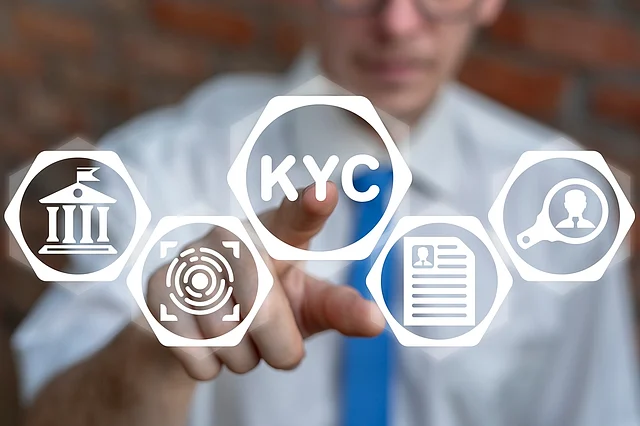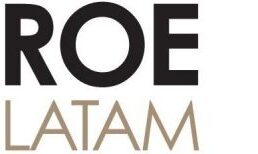
The Essential Guide to KYC Regulations in Mexico: What Real Estate Professionals, Financial Institutions, and Buyers Must Know
In Mexico’s rapidly evolving financial landscape, Know Your Customer (KYC) compliance has become non-negotiable for businesses across sectors – especially in real estate transactions where large sums change hands daily. Whether you’re a realtor closing a deal, a banker approving a loan, or a buyer purchasing property, understanding these regulations protects you from legal consequences and financial penalties.
Why KYC Compliance Should Be Your Top Priority
For real estate professionals
- You're legally classified as a "vulnerable activity" under Mexican law
- Required to verify identities of all transaction parties
- Must document and report suspicious activities
- Risk fines up to $500,000 MXN or license suspension for non-compliance
For property buyers and sellers
- Must provide verifiable identification
- Need to demonstrate legitimate fund sources
- Face transaction freezes without proper documentation
For financial institutions
- Mandatory customer due diligence
- Continuous transaction monitoring
- Strict reporting requirements
- Heavy penalties for violations
Mexico's KYC Legal Framework Explained
- Anti-Money Laundering Law (Ley Federal para la Prevención de Operaciones con Recursos de Procedencia Ilícita):
- Applies to real estate transactions over $145,000 MXN
- Requires customer identification and verification
- Mandates suspicious activity reporting
- Fintech Law:
- Regulates digital financial services
- Sets KYC standards for online transactions
- Includes real estate crowdfunding platforms
- CNBV Guidelines:
- Detailed compliance requirements
- Specific documentation standards
- Record-keeping mandates (5+ years)
Step-by-Step KYC Process for Mexican Businesses
- Customer Identification:
- Collect full legal name, birth date, address
- Obtain official ID (INE, passport) and CURP
- For foreign customers, security number or similar is required.
- Document Verification:
- Authenticate government-issued IDs
- Validate proof of address
- Verify tax identification (RFC) (if not Mexican, tax id or SSN)
- Risk Assessment:
- Classify clients as low, medium, or high risk
- Apply enhanced due diligence when needed
- Ongoing Monitoring:
- Track transaction patterns
- Update customer files annually
- Re-verify high-risk clients more frequently
Special KYC Requirements for Real Estate Transactions
Real estate professionals must:
- Verify all parties in property deals
- Document fund sources for every transaction
- Report cash payments exceeding legal limits
- Maintain detailed records for minimum 5 years
- Train staff on red flag identification
Consequences of Non-Compliance
Real-world impacts include:
- Financial penalties (up to $500,000 MXN)
- License suspension or revocation
- Criminal charges in severe cases
- Reputational damage
- Frozen transactions
Actionable Compliance Tips
- Start every client relationship with proper ID verification
- Document every step of your due diligence process
- Train your team quarterly on compliance updates
- Implement digital tools to streamline processes
- Consult with legal experts for complex cases (feel free to write us at online@roelatam.com )
In Mexico’s regulated financial environment, KYC compliance isn’t just about avoiding penalties – it’s about building trustworthy, sustainable businesses. By implementing robust verification processes, real estate professionals and financial institutions protect themselves while contributing to Mexico’s economic security.
For property buyers, understanding these requirements means smoother transactions and faster approvals. In today’s market, KYC knowledge gives all parties a competitive advantage while keeping operations legally complain.
ROE Latam can help you train your team, create proper manuals and process to comply, outsource KYC process to us, avoid penalties, and if you are already in trouble, we can help you litigate and negotiate with the authorities.
Now here are some other posts you may be interested in:
- Unveiling the Lucrative Real Estate Opportunities in Baja California Sur
- Compare Property Taxes In Mexico VS USA. Avoid the Pain!
- Expert Advice: What You Need To Know When Buying Real Estate Outside Mexico’s Restricted Zone
- How To Purchase Real Estate In Mexico: Consice Key Points
- What’s a Restricted Zone Trust (Fideicomiso de Zona Restringida)?
- Top 8 risks when buying Real Estate in Mexico
